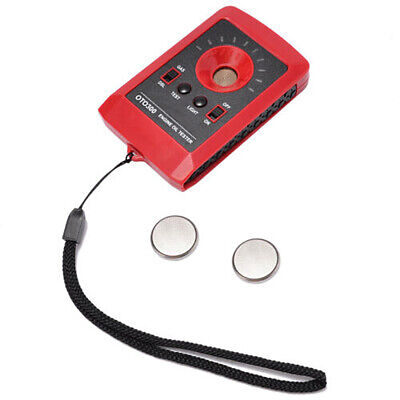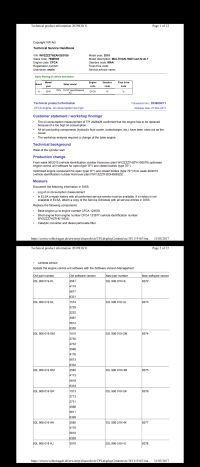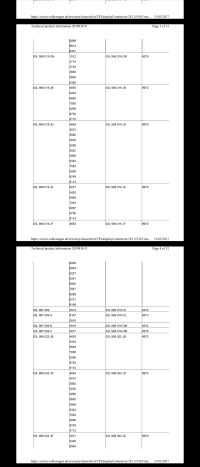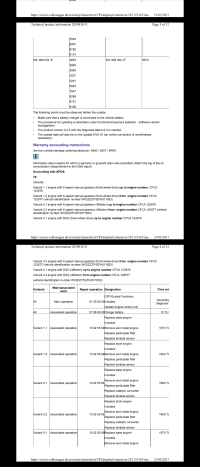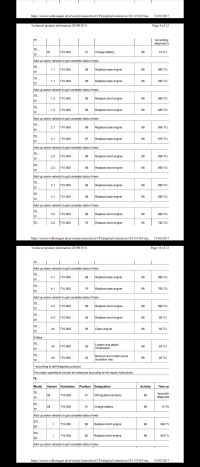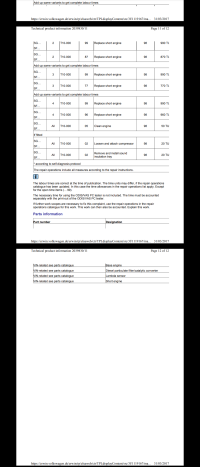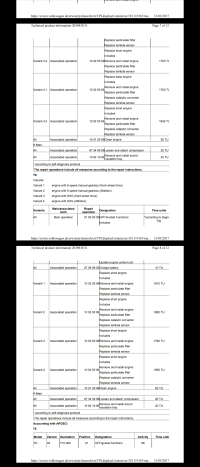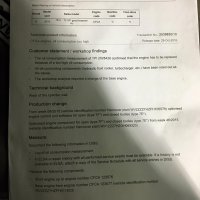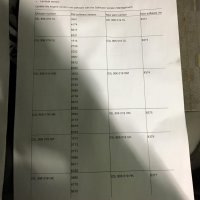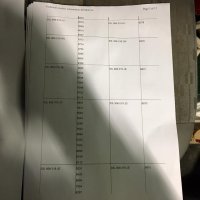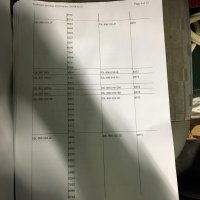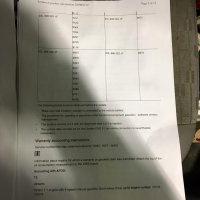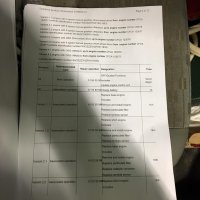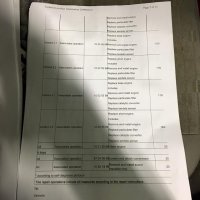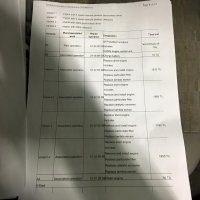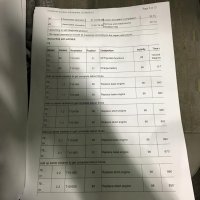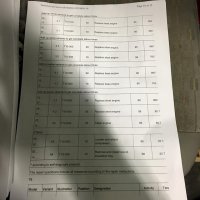2into1
Née T4WFA. Now without Cali :(
Super Poster
Lifetime VIP Member
Excellent result!They knew that my concern was the EGR valve so by the time I arrived they had arranged for a local VW dealer they use to check and record the compression and the supply and install a brand new EGR valve! They will cover the cost and supply documentation and receipts so I have proof of the work before purchase and for resale.
Regarding the 1% figure, No one knows but I think that's a very generous interpretation! So good news yours is as safe as can be.



